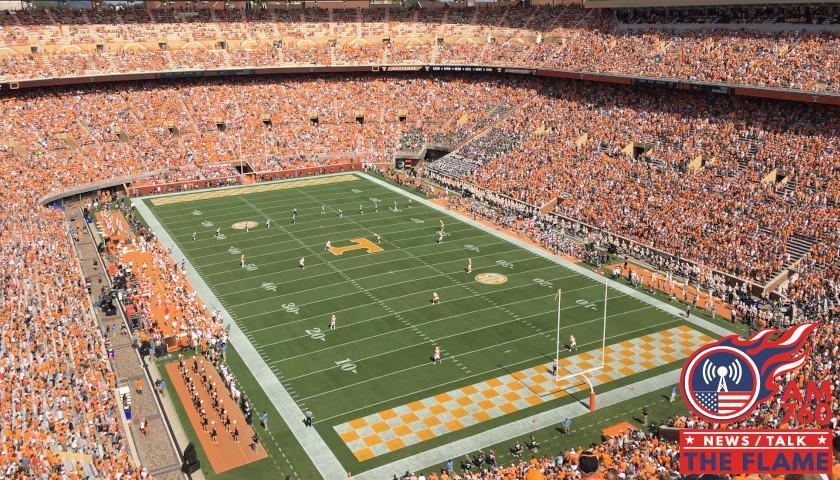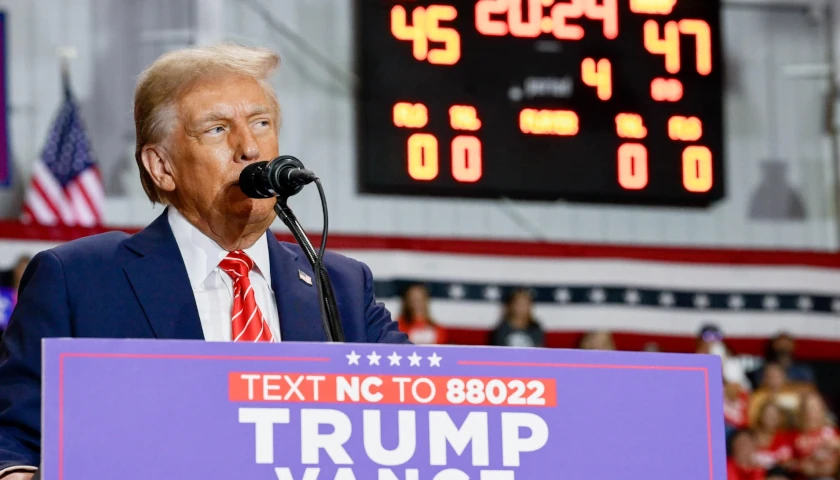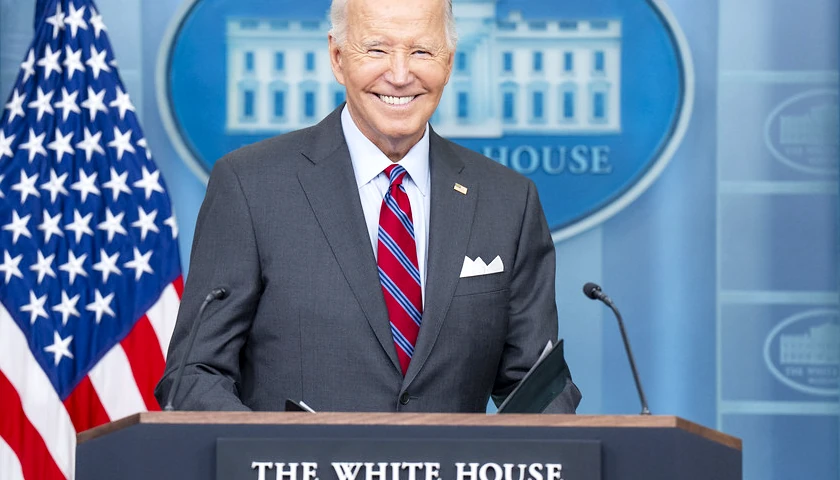All-star panelist Clint Brewer joined Tuesday’s edition of The Tennessee Star Report with Michael Patrick Leahy where he offered his thoughts on Tennessee Attorney General Jonathan Skrmetti’s antitrust lawsuit against the National Collegiate Athletic Association (NCAA).
Skrmetti joined Virginia Attorney General Jason Miyares in filing the lawsuit against the NCAA last week, arguing the organization violates federal antitrust laws with its “anticompetitive restrictions on the ability of current and future student-athletes to benefit from their name, image, and likeness (NIL).”
The NCAA currently prohibits prospective student-athletes from discussing potential NIL opportunities with schools and collectives prior to enrolling.
Skrmetti’s lawsuit against the collegiate organization was announced just after a report revealed that the NCAA intended to bring a slew of new NIL complaints against the University of Tennessee (UT).
On Tuesday, Brewer, a UT graduate, said Skrmetti’s lawsuit against the NCAA is a result of “a lot of schools not putting up” with the organization’s unclear guidance and rules when it comes to NIL.
“Look, this just isn’t about college sports. I mean, it’s about a state’s ability to self determine. It’s about a state’s ability to establish its own regulatory environment, its own business environment,” Brewer said.
“Here’s the other thing – it’s not just about a handful of future millionaires and superstars who are going to go to the NFL and the NBA. Some of the athletes, college athletes, that this has empowered the most have been young women. There are two, a gymnast and a basketball player from Louisiana State University, who are among the biggest benefactors from a brand and from an NIL standpoint monetarily from these new rulings. And so it’s not just men playing basketball and football. It’s also women athletes who frankly have never had a path to this kind of wealth through sports,” Brewer added.
Brewer discussed the licensing power of the NCAA, noting, for example, how if an athlete playing for the NCAA wins the Heisman Trophy, the collegiate organization has the license to use that player’s image for years to come.
“What people don’t realize is when you play for an NCAA program, particularly a Division I program, they literally have the license to use your image into perpetuity. If you win the Heisman Trophy in 2024, they will be using your face 20, 30, 40, 50 years from now,” Brewer explained. “And so I don’t understand why it wouldn’t flow the other way.”
Hours after Brewer joined Tuesday’s show, Skrmetti announced that his request for the court to bar the NCAA from enforcing its NIL-recruiting ban until the case if over was rejected, however, said the judge “reasoned the NCAA can be held monetarily liable for any harms, thus negating the need for a TRO.”
“Tennessee remains committed to protecting the rights of our student-athletes. We look forward to litigating this case and enforcing the law,” Skrmetti added.
– – –
Kaitlin Housler is a reporter at The Tennessee Star and The Star News Network. Follow Kaitlin on X / Twitter.




